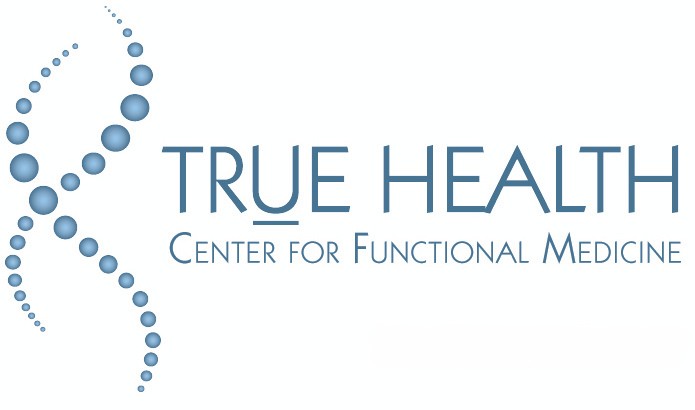Healthcare professionals have been encouraging us to reduce our salt intake to decrease the risk of heart attack or stroke. Now we may have another reason to avoid this harmful taste booster.
A study published in Nature suggests that a type of white blood cell called Th17 play a critical role in autoimmunity (immune attack on healthy cells).
Even though TH17 cells are known to encourage autoimmunity, they are also important in defending us from foreign invaders that create an infection.
A study conducted at the Yale School of Medicine led by Dr. David Hafler showed how common salt affects Th17 cells. One group of mice were given high salt diets (adjusted) that are typically seen in the “western diet” while another group was given reduced salt diets. Results showed that the high salt group developed autoimmunity sooner with more severe symptoms.
Dr. Hafler also interviewed people on a high salt diet. After using Th17 blood tests, he found that they had high levels of Interleukin 17 (produced from TH17 cells).
Knowing interleukin 17 levels may help those with autoimmune issues better control salt intake.
It would be interesting to see a similar study that uses unprocessed sea salt. We have to remember that table salt is not created in nature and therefore has the potential to destroy our health.
Access the Th17 TestLeave a comment below. Do you have an autoimmune condition that is aggravated by salt? Have you seen health benefits by switching to unprocessed sea salt?

